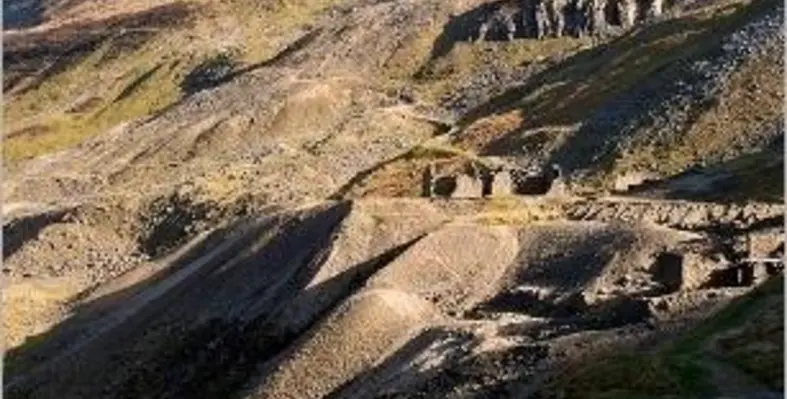Experts have warned that ineffective monitoring of mining resource in East Africa could destabilise the region
The alert comes following new discoveries of oil and gas deposits in Kenya, Uganda, Tanzania and Zanzibar, as well as uranium in Tanzania which need to be tapped.
A panel of specialists, who recently held a discussion during the African Development Bank (AfDB) meet, suggested that the African states should draw up a meaningful plan on how to utilise and protect the resources from falling into the wrong hands.
“Natural gas, uranium and oil deposits should not be tapped in haste until, Tanzania, Uganda and Kenya, where these resources are being discovered, are ready and have trained their youth populations to work or invest in the minerals,” said Dr Semboja Haji Hatibu of the University of Dar-es-Salaam.
The experts also noted that it was time African countries refrained from leasing out such resources to foreign companies if the stability in the region was to be sustained.
Moreover, with the rising number of young people in the African continent, the experts said that governments had no choice other than handing the remaining resources to the youth who should start making use of them.
“The time to hand our natural resources to foreign firms is over. It was a blunder to allow investors to tap our minerals in the first place and repeated mistakes will plunge our countries into chaos,” added Dr Hatibu.
A report tabled at the AfDB meet indicated that between 2000 and 2008, Africa created only 16 million jobs for young people aged between 15 and 24.
The report showed that young people represented 60 per cent of the continent's unemployed people and of these 40 million youths, 22 million, mostly women, had given up on finding jobs.
“The continent is experiencing jobless growth,” said Mthuli Ncube, chief economist and vice president of the African Development Bank (AfDB).
Meanwhile, Tanzania has thrown its weight behind the Ivory Coast’s bid to reclaim the African Development Bank (AfDB) headquarters’ seat, which was shifted to Tunisia following political unrest in the West African country two years ago.
“We fully support your move to retain the seat as we understand the unexpected and unfortunate circumstances that befell your country, hence it’s only fair that the headquarters of the Bank return to Abidjan,” said Tanzania President Jakaya Kikwete in Arusha recently during a meeting with his Ivory Coast counterpart Alassane Ouattara.














